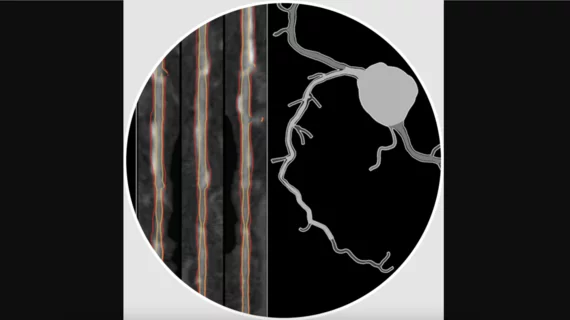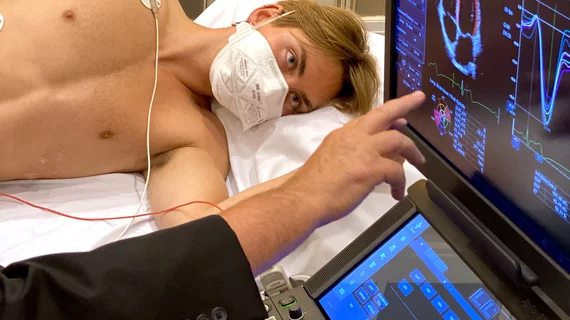American Heart Association (AHA)
The American Heart Association (AHA) funds cardiovascular medical research, educates consumers on healthy living and fosters appropriate cardiac care in an effort to reduce disability and deaths caused by cardiovascular disease and stroke. The AHA also is a key resource for the latest cardiology science through its journals and annual meeting.
Displaying 121 - 128 of 250












